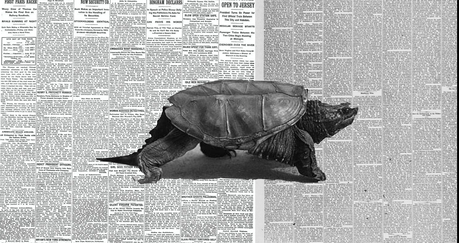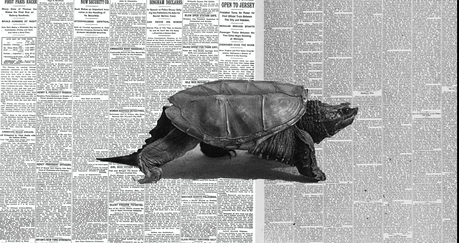

Slow journalism seems to be a phrase few journalists of today would like to get out of their mouths. After all, we live in the era of the two tempos for presenting and consuming information. Indeed, we lean forward to the quick and the breaking news of the moment, and we lean back to analyze those same news items, to meditate on them and to get a sense of perspective.
But, slow journalism? Who wants it? Who practices it?
Now a piece from Nieman Reports tells us that slow journalism has its followers, reporters who take their time, so to speak, sometimes months and years to complete their report. In my seminars I talk about the two tempos in terms of raw meat (what we put out there by the minute, to be consumed on mobile devices) and the cooked steak (to be devoured in a more relaxed, shoes off type of environment).
So, where do we put slow journalism? In the freezer, for later consumption?
Here is a highlight from that piece:
Slow journalists measure reporting time in months or years, rather than days, and see the form as something more than just a reboot of long-form narrative nonfiction. Like the “slow food” movement from which it gets its name, slow journalism stresses openness and transparency, laying bare to audiences its sourcing and methods and inviting participation in the final product. It also provides a complement and corrective to breaking news, where amid the pressures of ever-present deadlines, conjecture can often replace reporting.
It could be possible that there is a third tempo for presenting news in the era of the digital quintet, one designed for reporters and readers who wish to linger.
I like that.

